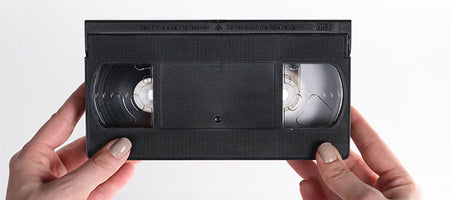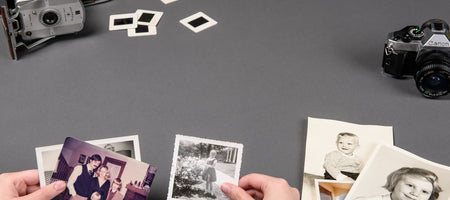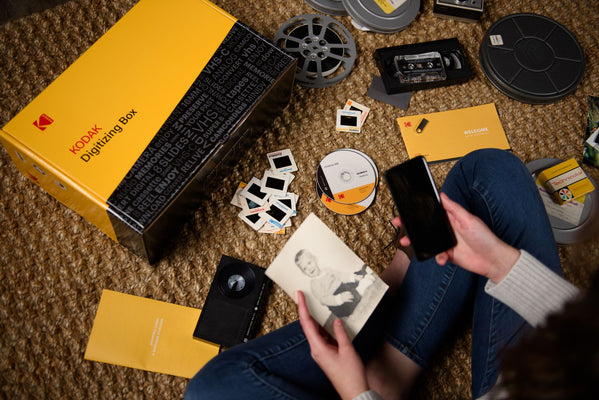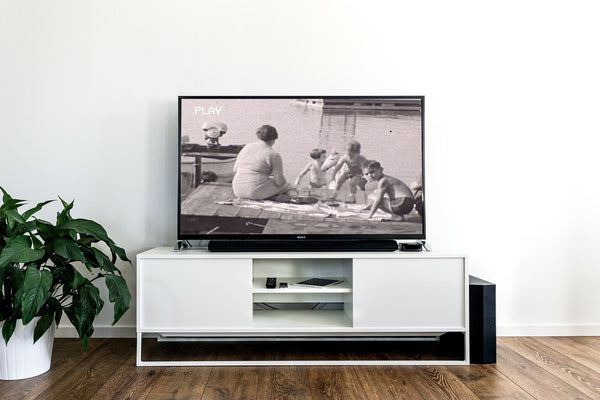By the mid-90s, home videotapes had reached minuscule proportions. That’s to say the technology was getting so advanced that it seemed the smaller the tape, the better the tape.
If anything, it was certainly more convenient.
Introducing the MiniDV tape – like a cuter, smaller version of its big brother, the VHS. But what do we really know about this little, obsolete tape format? Let’s get to know a tiny bit more about this baby tape.
Release & reception
When the MiniDV tape hit the home movie scene in 1996, dads everywhere rejoiced in the smaller camcorder format. Hey, you try lugging one of the bulky over-the-shoulder VHS camcorders around to your kids’ little league games and dance recitals. Awesome doesn’t come to mind but cumbersome certainly does.
With the introduction of the MiniDV, family home videos were easier to record than ever – and perhaps better looking than ever. Thanks to the digital format that recorded signal at 525 lines of horizontal resolution, the image clarity and color detail was better than the VHS had ever been.
Plus, MiniDV camcorders also had a firewire and this allowed easy video downloading to modern computers (those colored iMacs are the first thing that comes to mind) with a firewire port – allowing for easy editing and transferring.
Length of footage
Coming in at just 1/4-inch thick, 2 inches tall and a whopping 2 ½ inches wide, the MiniDV was significantly smaller than VHS and digital 8 tapes that came before it. But being so much smaller didn’t stop the MiniDV from holding a good length of recordable tape.
The average VHS tape typically held two hours of recorded footage (that’s why epic movies like Titanic and Braveheart spanned two VHS tapes). With the MiniDV tape, the story was much the same. Most MiniDVs could record about 60 to 120 minutes of footage and held around 13 GB of memory – not too shabby for the time period.
Successors
Like all good things, they must eventually come to an end. And the MiniDV was no exception to the rule. It wasn’t necessarily anything that the small, convenient tape did or didn’t do. It just so happened to come out right around the time of the DVD … and we all know how that turned out for the old tape formats. Luckily, the MiniDV lasted longer than the VHS in this new digital DVD era in large part because memory cards and truly digital camcorders hadn’t become a thing yet. But, by the mid-2000s, the MiniDV just couldn’t hang with the emerging digital trends and the even slimmer and sleeker technology.
Convert your MiniDV memories
It’s hard to believe, but the millennium was 20 years ago. And, it’s probably a safe bet to assume that you’ve got a few MiniDV tapes tucked away in your basement somewhere. Or attic. Or closet. Or … somewhere. If you do, now’s the time to digitize them and ensure that all those turn-of-the-century memories live on for another at least another century. It might have been called the MiniDV but the memories they held were nothing short of massive.













